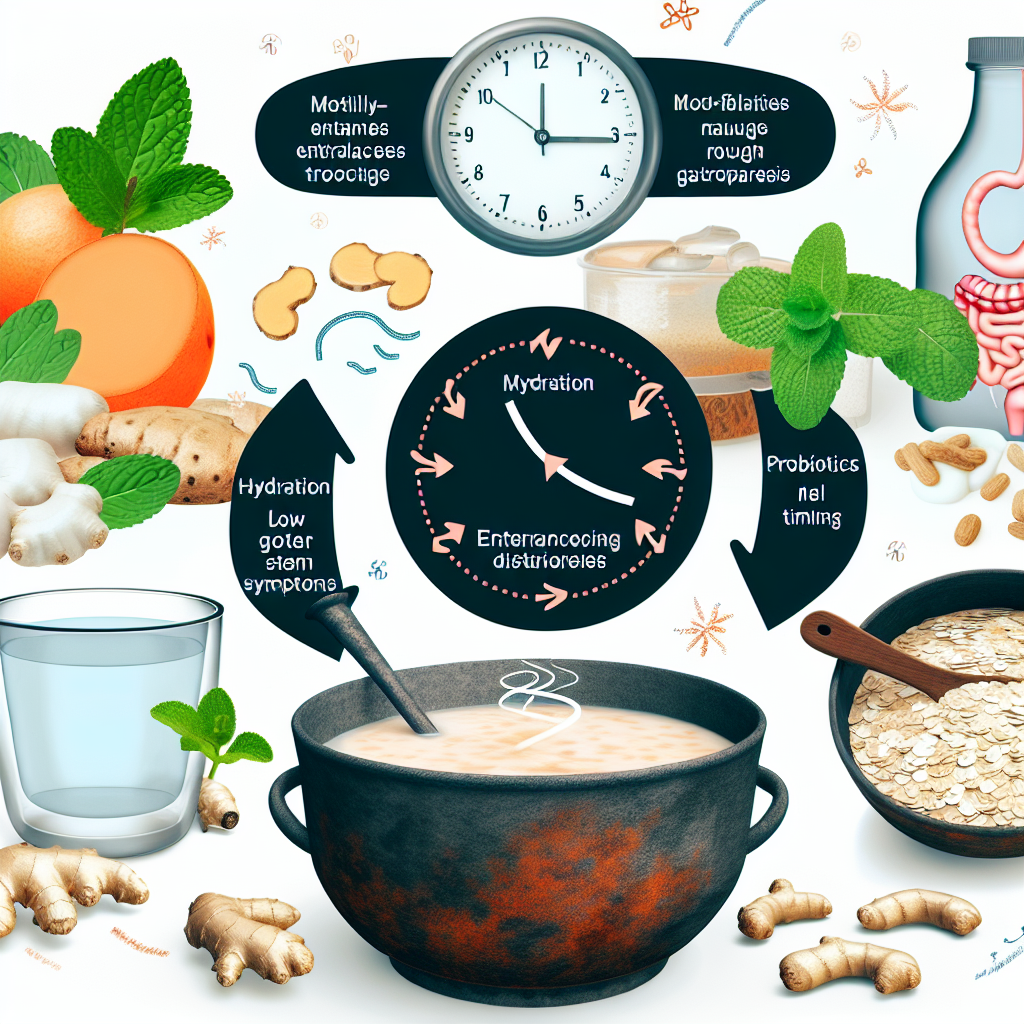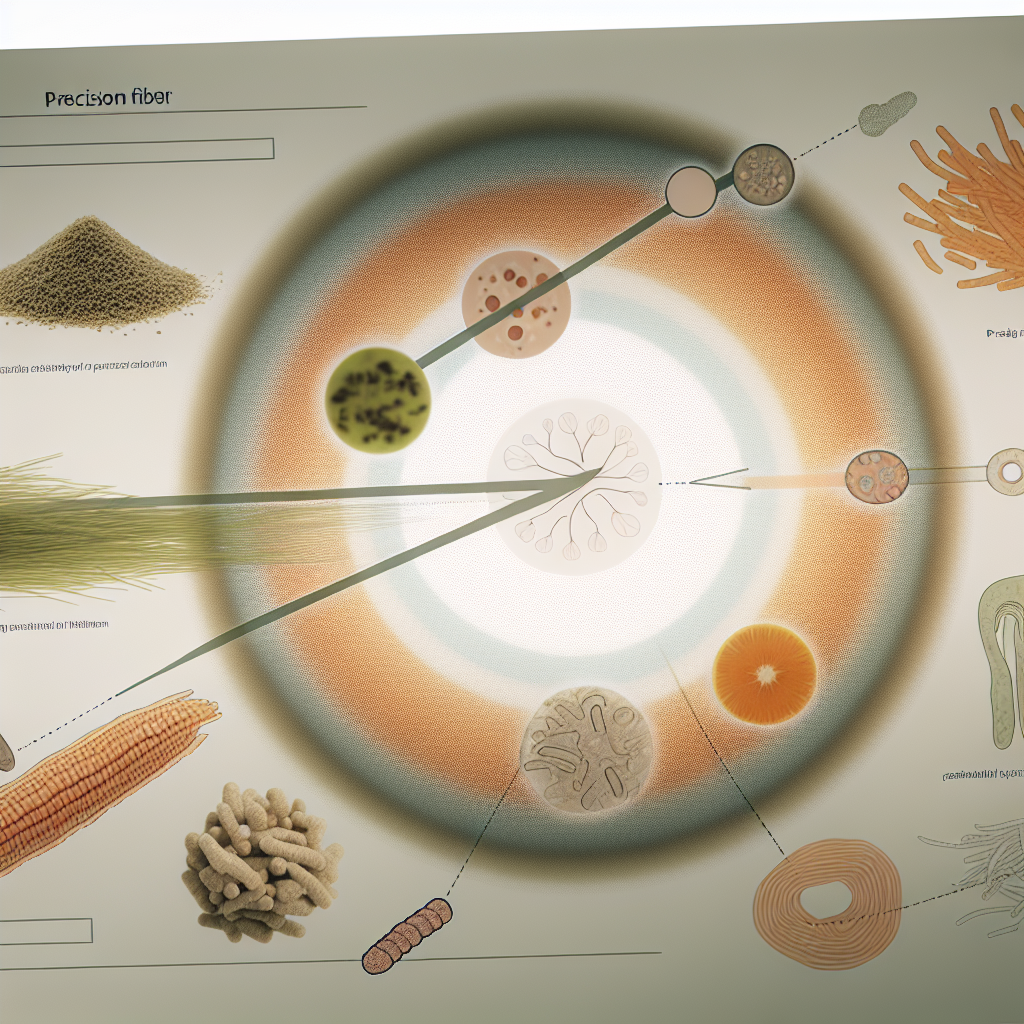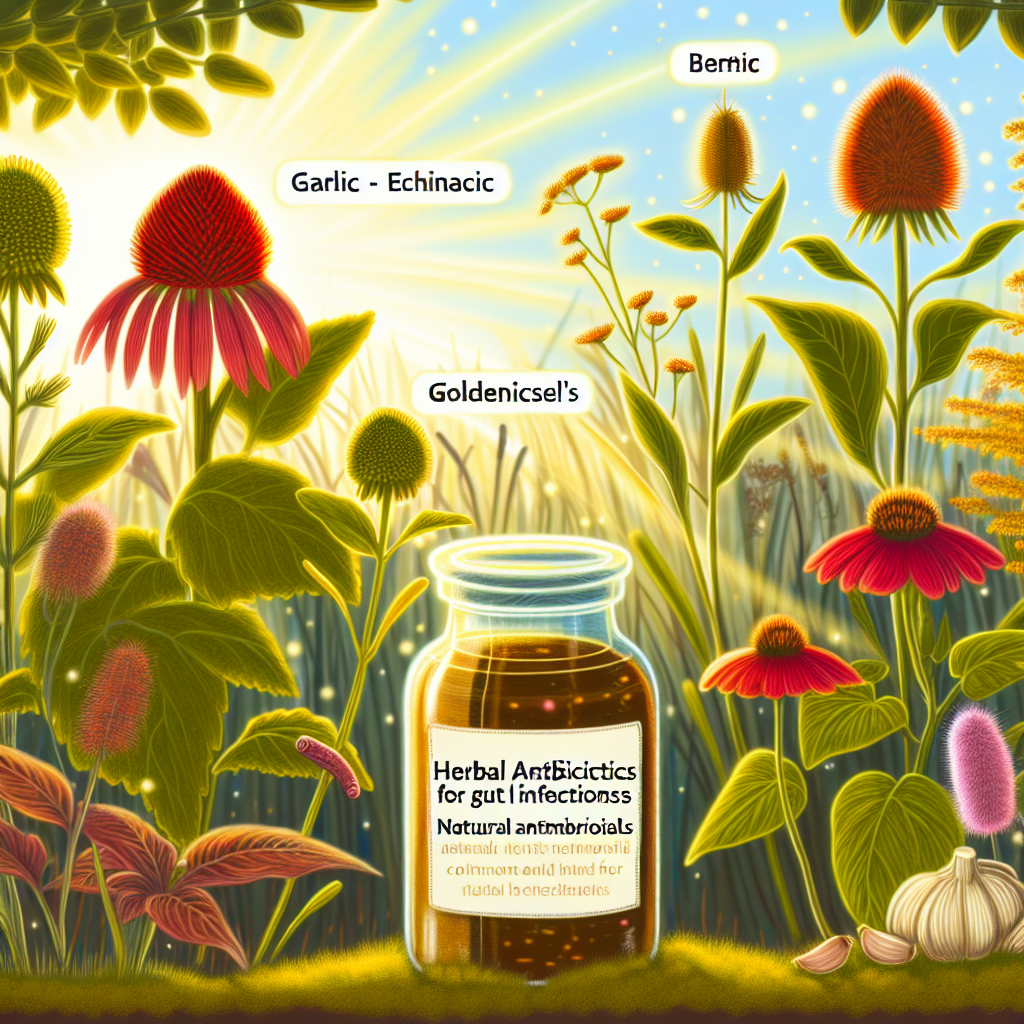Fermented Foods: Probiotic Benefits Analysis
Introduction
In recent years, fermented foods have garnered immense attention in the wellness and dietary world. These ancient culinary staples are not only rich in flavor but also brimming with health benefits, particularly for gut health. The fermentation process preserves food and enhances its nutrient profile, creating bioactive compounds like probiotics, which can replenish the gut microbiome and improve overall health.
The Science Behind Probiotics: How Fermented Foods Fuel Gut Health
Research has shown that probiotics derived from fermented foods can balance gut microbiota, reduce intestinal inflammation, and manage conditions like IBS and IBD.
Fermented Foods and Immunity: Reinforcing the Body’s Natural Defenses
Probiotics can enhance mucosal immunity and modulate the production of protective cytokines, suggesting a link between fermented foods and a robust immune profile.
Gut-Brain Connection: Mental Well-Being Through Fermented Foods
Consuming fermented foods rich in probiotics may help alleviate symptoms of anxiety and depression through the influence of gut-derived microbial metabolites on brain function.
Enhancing Nutrient Absorption Through Fermentation
Fermentation enhances the bioavailability of vitamins like B-complex and vitamin K2, contributing to overall health.
Anti-Inflammatory Properties of Fermented Foods
The probiotics in fermented foods help modulate inflammation by regulating gut barrier function and reducing the overproduction of inflammatory markers, which is beneficial for conditions like Crohn’s disease and ulcerative colitis.
Prebiotics in Fermented Foods: Fueling a Resilient Microbiome
Prebiotics—fibers that feed beneficial gut bacteria—found in fermented foods play a key role in stimulating microbial diversity and activity in the gut.
Conclusion: A Natural Path to Long-Term Gut Health
Fermented foods represent a time-tested, natural approach to improving gut health, delivering a holistic array of benefits backed by scientific evidence. Incorporating options like yogurt, sauerkraut, kimchi, and kombucha into your daily regimen is a simple yet effective way to introduce probiotics into your system naturally.
Concise Summary:
Fermented foods are rich in probiotics, enzymes, and bioactive compounds that offer a range of benefits for gut health, immunity, and mental well-being. From enhancing nutrient absorption to reducing inflammation, fermented foods represent a natural approach to improving overall health by nourishing the gut microbiome.
References:
[Nutrients (2020). The Role of Probiotics in Balancing Gut Microbiota and Reducing Intestinal Inflammation.](https://www.mdpi.com)
[Frontiers in Microbiology (2021). Probiotic Strains for Gut and Immune Health.](https://www.frontiersin.org)
[Psychiatry Research (2020). The Impact of Probiotics on Anxiety and Depression Through Gut-Brain Axis Modulation.](https://www.sciencedirect.com)
[Journal of Agricultural and Food Chemistry (2020). Nutrient Bioavailability from Fermented Foods.](https://pubs.acs.org)
[Gut Microbes (2019). Anti-Inflammatory Effects of Probiotics in Gut Health.](https://www.tandfonline.com)

Dominic E. is a passionate filmmaker navigating the exciting intersection of art and science. By day, he delves into the complexities of the human body as a full-time medical writer, meticulously translating intricate medical concepts into accessible and engaging narratives. By night, he explores the boundless realm of cinematic storytelling, crafting narratives that evoke emotion and challenge perspectives.
Film Student and Full-time Medical Writer for ContentVendor.com




